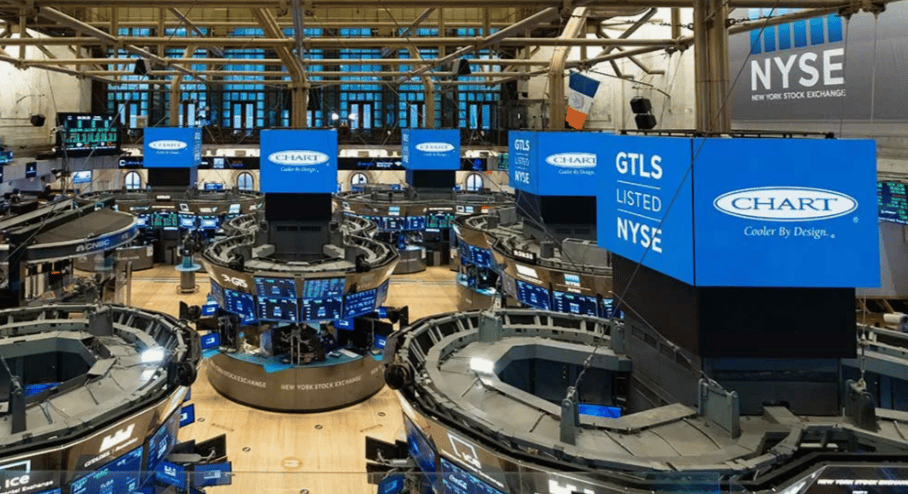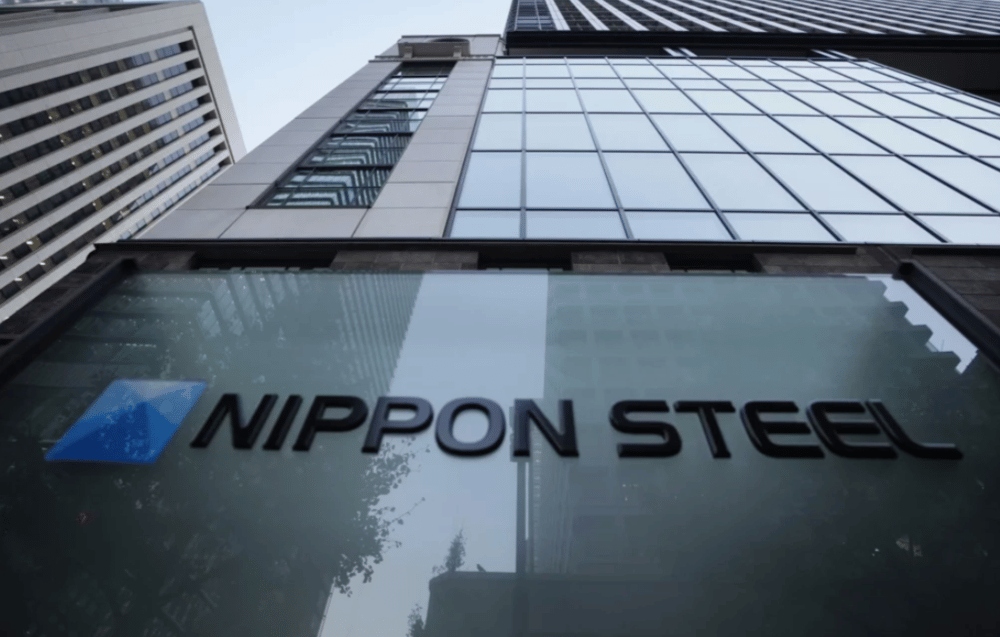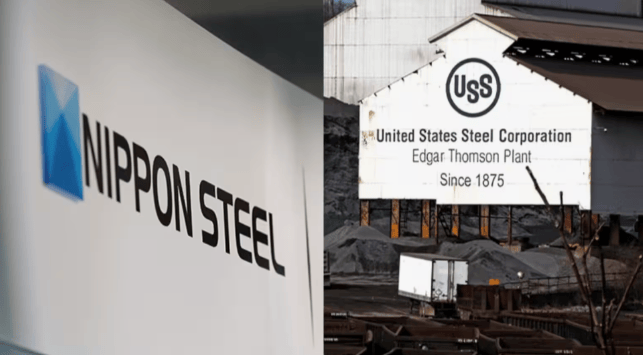Related Articles
Brown-Forman Corp Faces Record Stock Drop Amid Sales Forecast Challenges
Shares of Brown-Forman Corp. $BF-B, the parent company of Jack Daniel’s, experienced a substantial drop, plummeting as much as 18% in a single trading day. This marked the steepest intra-day decline since 2008, further intensifying the year-to-date depreciation to 13%. This stark plunge followed the company's announcement of quarterly results that fell short of market expectations, paired with a conservative sales outlook for the current fiscal year.
Chart Industries and Flowserve Corp Announce a $ 19 Billion stock Merger amid Growing Demand
Chart Industries $GTLS and Flowserve Corp $FLS have agreed to merge in a stock-for-stock transaction that values the combined enterprise at approximately $19 billion. This consolidation emerges against the backdrop of expanding global investments in artificial intelligence (AI) and the rapid growth of modern data centers, both driving unprecedented demand for advanced industrial equipment and post-sale services.
Starbucks Appoints Mike Graham as COO to Drive Operational Efficiency and Return to Coffee Roots
Starbucks Corporation $SBUX announced on Wednesday the promotion of Mike Graham, the company’s North America coffee operations director, to Chief Operating Officer (COO). This appointment is part of a broader series of strategic moves initiated by CEO Brian Niccol, who took the helm in 2023 with a vision to streamline Starbucks’ operations and renew its original coffeehouse ethos.







Embracing innovative investment strategies is really paving the way for unmatched capital growth.